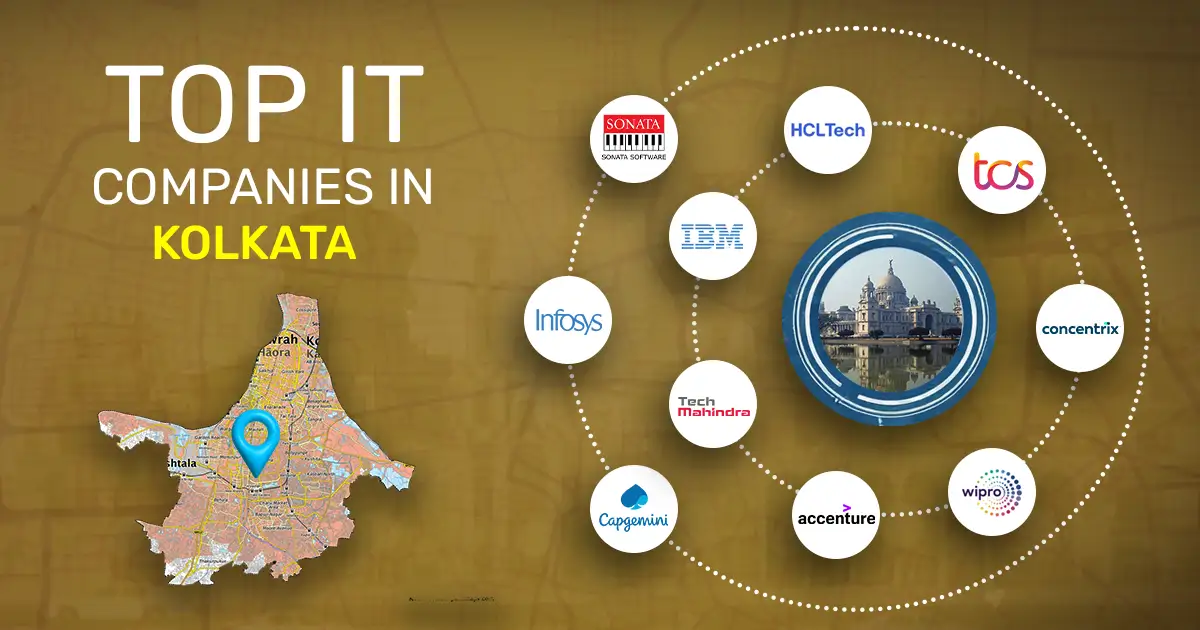Italy provides a compelling blend of strategic advantages that make it an ideal choice for your next business venture.
-
A Gateway to EU and Mediterranean Markets
Positioned at the heart of the Mediterranean, Italy serves as a vital gateway between Europe, North Africa, and the Middle East, offering direct access to the EU single market and seamless cross-border trade via its extensive ports, railways, and international airports.
-
Access a Skilled, Cost-Effective Talent Pool
Italy provides a well-educated, adaptable talent pool with strengths in manufacturing, engineering, design, and technology, combined with competitive labor costs compared to many Western European nations.
-
World-Class Industrial and Manufacturing Base
Globally known for its "Made in Italy" excellence, the country excels in luxury goods, automotive, machinery, and food processing, while also advancing in sectors like life sciences, microelectronics, renewable energy, and circular economy solutions.
-
Benefit from a Pro-Business Environment and Tax Incentives
Italy supports investment through streamlined administrative reforms, generous tax credits for R&D and innovation, Industry 4.0 incentives, and special regimes for startups, expats, and high-net-worth individuals.
-
Advanced Infrastructure and Digital Connectivity
A modern logistics network—including ports, high-speed rail, airports, and strong digital infrastructure with growing 5G and data center presence ensures efficient operations and market access across Europe.
-
Full Access to the EU Market and Funding
As an EU founding member, Italy offers businesses tariff-free trade, regulatory harmonization, free movement across the EU, and access to substantial EU grants and funding programs like Horizon Europe and Structural Funds.











